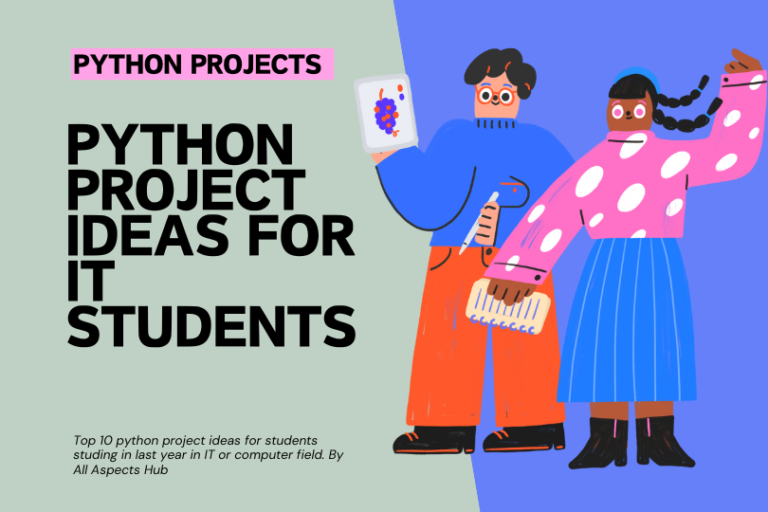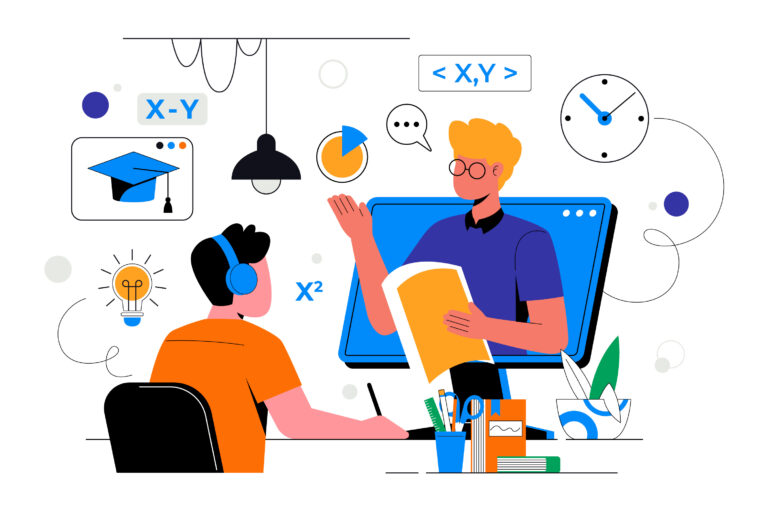
Are you gearing up for your upcoming exams? Do you want to ensure that you not only pass but excel in them? Effective exam preparation is the key to success, and in this blog, we’ll explore the best study techniques that will help you ace your tests. Whether you’re a high school student preparing for final exams or a college student facing midterms, these strategies can make a significant difference in your performance. Let’s dive in and discover how to study smart and achieve your academic goals.
1. Active Learning: Engage Your Brain
Active learning is a powerful technique that involves more than just passively reading or listening to your study material. It requires active engagement with the content, which helps you understand and remember information more effectively. Here are some active learning strategies to incorporate into your study routine:
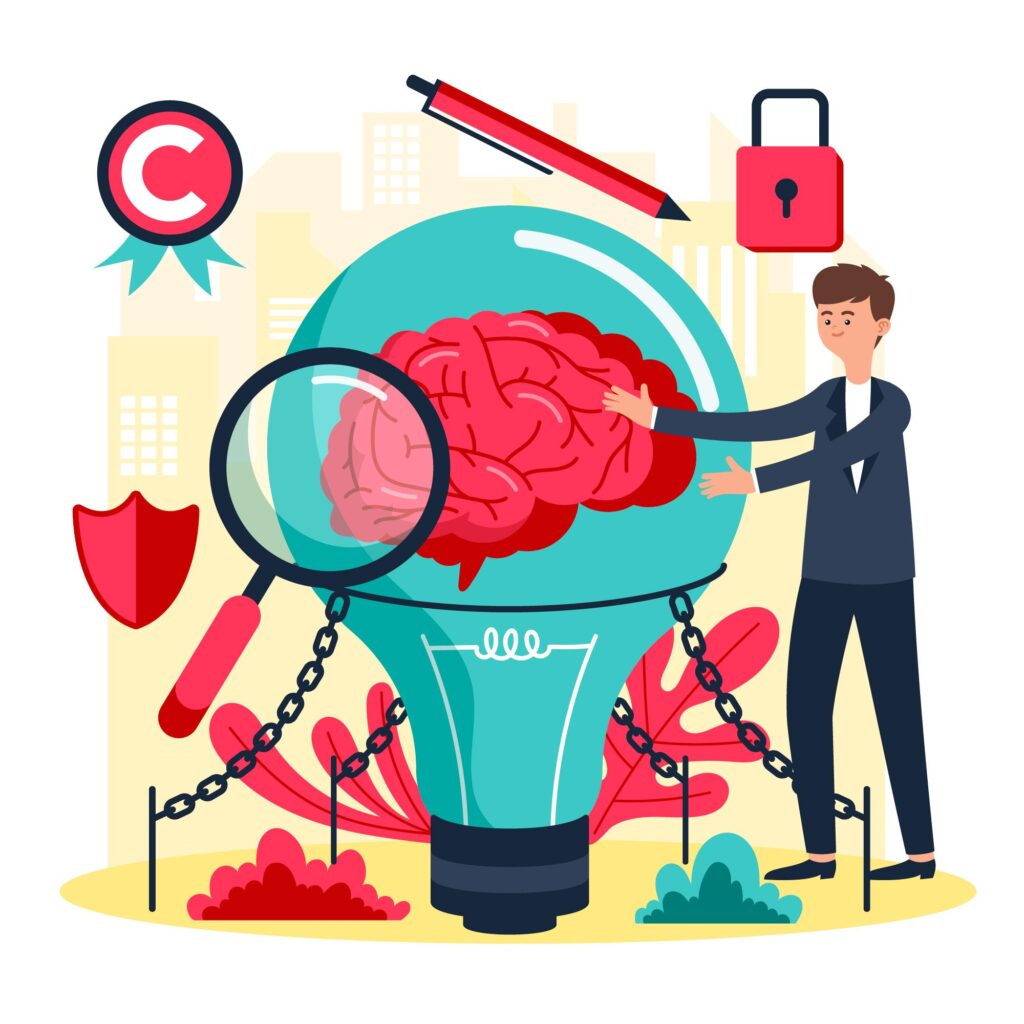
A. Summarize and Paraphrase
Take notes as you read your textbooks or lecture materials. Try summarizing and paraphrasing the key points in your own words. This process forces you to understand the material and internalize it. Additionally, it’s a great way to condense information and create handy study materials for quick review.
B. Create Concept Maps
Concept maps are visual representations of ideas, concepts, and their relationships. Use them to connect the dots between different topics, helping you see the bigger picture and improve your understanding of complex subjects. Concept mapping is especially useful for subjects that involve a lot of interconnected information, like biology or history.
C. Teach Others
One of the best ways to learn is to teach others. Share what you’ve learned with a friend, family member, or even a pet (they’re excellent listeners!). Explaining concepts to someone else reinforces your own understanding and helps identify areas where you need further clarification. Teaching others can also boost your confidence and communication skills.
2. Effective Time Management: Plan Your Study Sessions
Proper time management is crucial for effective exam preparation. It ensures that you cover all the necessary material and don’t end up cramming at the last minute. Here’s how to manage your study time effectively:
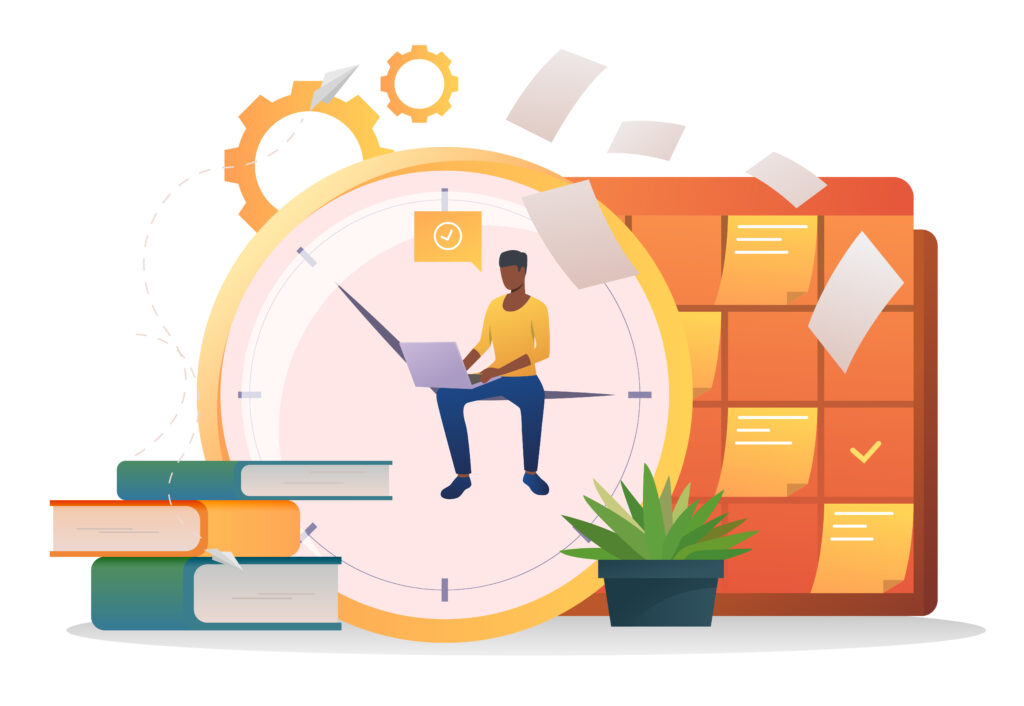
A. Create a Study Schedule
Outline a study schedule that includes specific times for each subject or topic. Be realistic about how much time you need to study each day and stick to your schedule as closely as possible. A well-organized schedule will prevent procrastination and help you manage your time efficiently.
B. Use the Pomodoro Technique
The Pomodoro Technique involves breaking your study time into focused intervals, typically 25 minutes, followed by a 5-minute break. After completing four cycles, take a longer break. This method can help improve your focus and prevent burnout. It’s an excellent way to maintain your concentration during long study sessions.
C. Prioritize Important Topics
Identify the most critical topics or sections of your study material. Allocate more time to these areas and ensure that you thoroughly understand them. This is where your active learning techniques come into play. Focusing on what’s most important ensures you’re well-prepared for the most crucial aspects of the exam.
3. Practice, Practice, Practice: Test Yourself
Regular self-assessment and practice are vital components of effective exam preparation. Testing yourself helps reinforce your memory and identify areas where you need improvement. Here are some ways to incorporate self-testing into your study routine:
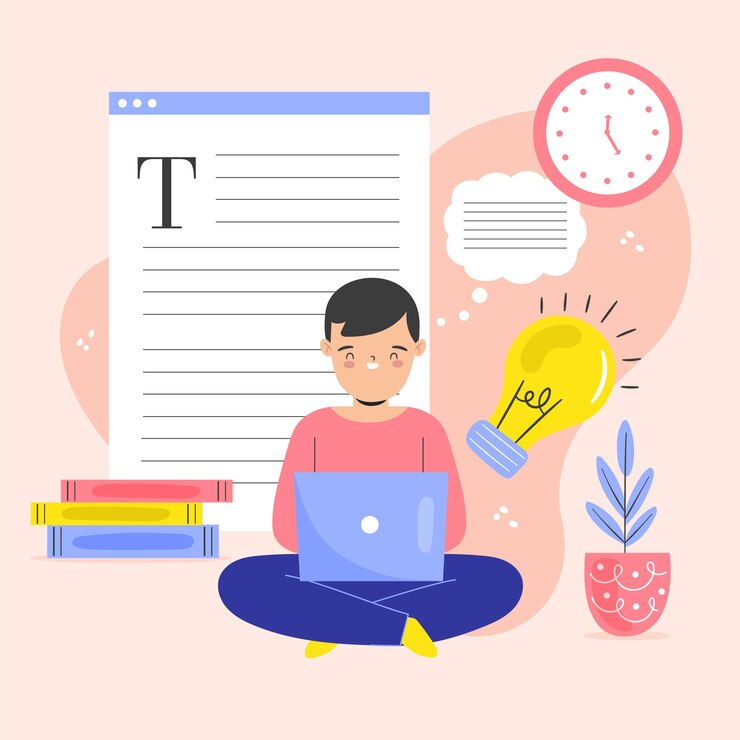
A. Use Past Exam Papers
If past exam papers are available, use them to practice with real exam questions. This will familiarize you with the format and types of questions you can expect on the test. Additionally, it’s an opportunity to gauge your timing and improve your question-answering skills.
B. Create Flashcards
Flashcards are an excellent tool for self-testing. Write questions or terms on one side and answers or definitions on the other. Test yourself regularly with flashcards to reinforce your memory. The process of creating the flashcards also serves as an initial study session, making it a double benefit.
C. Study Groups
Join or form a study group with classmates. Discussing and quizzing each other on the material can provide a different perspective and help you understand topics better. Plus, it adds an element of accountability to your study routine. When you teach others or answer their questions, you solidify your own knowledge.
Bonus Tips for Effective Exam Preparation
In addition to the core study techniques mentioned above, here are some bonus tips to enhance your exam preparation further:
- Stay Organized: Keep your study materials and notes well-organized. A clutter-free environment will help you focus better. Use folders, binders, or digital tools to keep your study materials in order.
- Stay Healthy: Eat well, get enough sleep, and exercise regularly. A healthy body supports a healthy mind. Adequate rest and nutrition are fundamental to your ability to concentrate and perform well.
- Use Technology Wisely: Embrace technology for research, note-taking, and study aids. There are various apps and software designed to enhance your study experience. Tools like note-taking apps, flashcard apps, and online research databases can simplify your study process.
- Practice Mindfulness: Incorporate mindfulness and relaxation techniques into your daily routine. Stress can hinder your ability to focus and retain information. Techniques such as meditation and deep breathing can help you stay calm and centered.
- Seek Help When Needed: Don’t hesitate to ask your teachers, professors, or peers for clarification or assistance with challenging topics. They are valuable resources and can provide insights that help you better understand complex concepts.
- Avoid Distractions: Minimize distractions during your study sessions. Turn off your phone, close unnecessary tabs on your computer, and find a quiet, dedicated study space. Creating a distraction-free environment is essential for maintaining your focus.
Remember, effective exam preparation is not about how many hours you spend studying but how efficiently you use that time. These study techniques, when applied consistently, will help you retain information, improve your understanding of the material, and perform well on your exams.
In conclusion, acing your tests is not an unattainable goal. With the right study techniques and a well-structured approach, you can prepare effectively and perform your best on exam day. Start implementing these strategies today, and watch your academic success soar. Good luck with your exams, and may your hard work pay off with the results you deserve! Effective study habits are not just about passing exams; they equip you with valuable skills that will benefit you throughout your educational journey and beyond.
